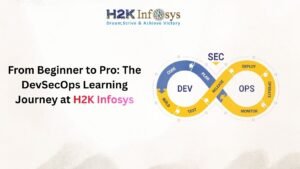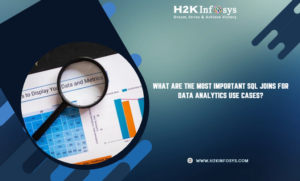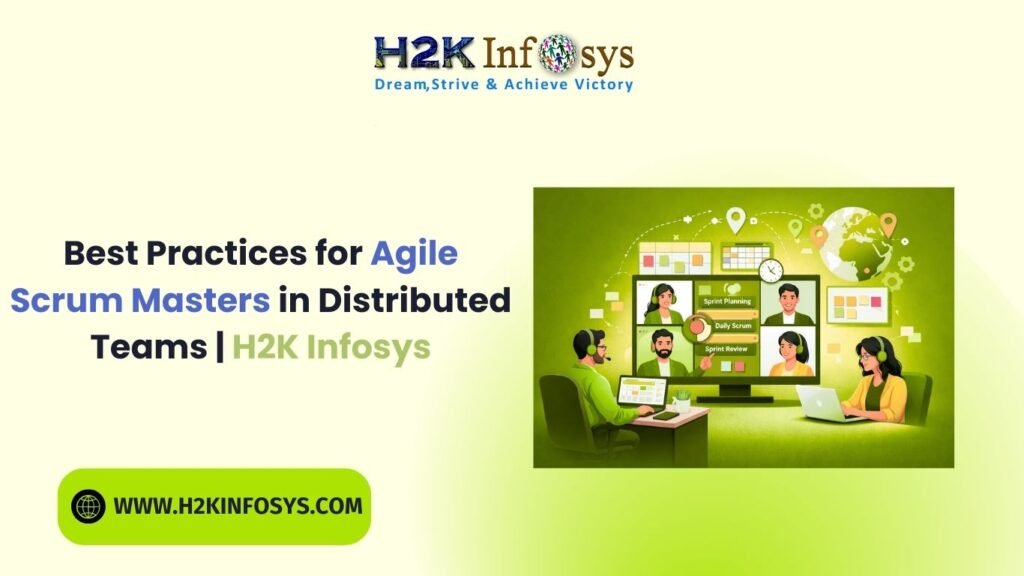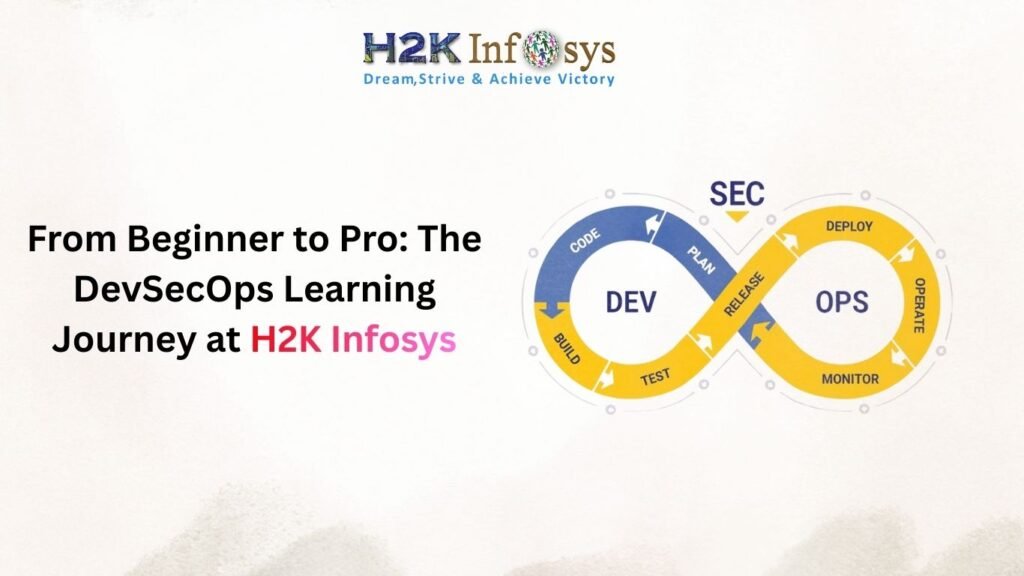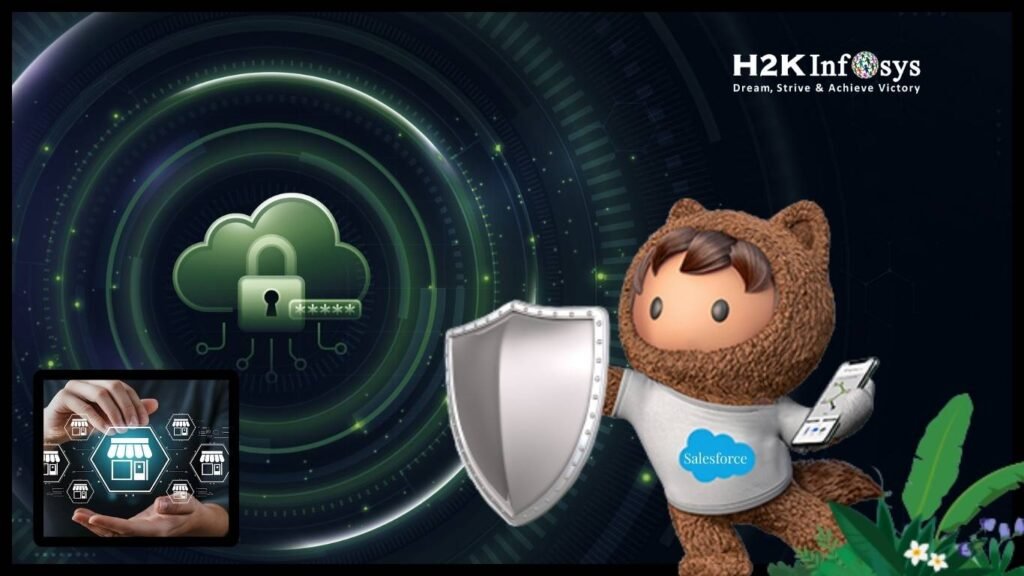Introduction
Achieving the right balance between innovation, security, and compliance is a constant challenge for software teams. The pressure to deliver new features quickly often collides with the need to ensure systems are secure and reliable. This is where DevSecOps governance becomes essential. It brings structure, accountability, and visibility into how security is implemented across the entire software development lifecycle.
Unlike traditional approaches that bolt security on at the end, governance in DevSecOps ensures that security practices are embedded from the very beginning. For learners exploring DevSecOps Training for Beginners, understanding governance is not just helpful but necessary, as it shapes how modern organizations comply with regulations, protect data, and maintain trust.
This blog explores why DevSecOps governance is indispensable, how it integrates with software teams, and what learners can gain from focusing on it through structured DevSecOps courses or certifications such as AWS DevSecOps Certification.
What Is DevSecOps Governance?
DevSecOps governance refers to the policies, standards, and frameworks that guide security integration within development and operations. It is not limited to technology alone; governance also includes people, processes, and compliance structures.
Core Aspects of DevSecOps Governance
- Policies and Standards: Setting clear rules for coding, deployment, and testing security practices.
- Monitoring and Auditing: Ensuring systems are continuously monitored for compliance.
- Accountability: Defining roles and responsibilities across developers, operations staff, and security experts.
- Transparency: Providing visibility into security decisions, processes, and outcomes.
When aligned properly, governance ensures that every line of code, deployment pipeline, and cloud resource is consistent with the organization’s security goals.
Why DevSecOps Governance Matters for Modern Software Teams
1. Rising Security Threats
Cyberattacks are increasing in volume and complexity. According to global reports, the average data breach costs organizations millions of dollars. Without governance, teams risk leaving vulnerabilities unchecked.
2. Compliance Requirements
Governments and industries enforce strict rules like GDPR, HIPAA, and PCI DSS. Governance frameworks help organizations align with these legal mandates. This is particularly valuable for learners preparing through DevSecOps Training for Beginners, as compliance is a recurring theme in training and real-world applications.
3. Faster, Safer Delivery
Governance ensures automation pipelines are secure. Teams can ship code faster without sacrificing safety. For those pursuing an AWS DevSecOps Certification, cloud-native governance practices are a major focus area.
4. Consistency Across Teams
Modern enterprises often have multiple distributed teams. Governance aligns all teams under one security framework, reducing confusion and risk.
5. Protecting Reputation and Trust
One breach can damage years of customer trust. By embedding governance, organizations prevent mishaps that could harm their credibility.
Governance in Action: Key Principles

Shift-Left Security
Governance enforces the shift-left principle, where security testing begins at the earliest coding stage. This reduces rework and prevents vulnerabilities from reaching production.
Automated Compliance
Modern pipelines can automatically enforce compliance rules. For instance, infrastructure-as-code templates can include governance policies that restrict insecure configurations.
Continuous Monitoring
Governance requires monitoring tools that provide real-time insights into threats, vulnerabilities, and policy violations.
Clear Roles and Responsibilities
Security is not the sole responsibility of one team. Governance distributes accountability across developers, testers, operations, and managers.
Real-World Applications of DevSecOps Governance
Example 1: Banking and Finance
Financial institutions must comply with strict regulations. Governance ensures that automated pipelines validate every release against compliance standards before deployment.
Example 2: Healthcare
Healthcare providers use governance to comply with HIPAA by embedding data protection policies into their workflows.
Example 3: Cloud Deployments
Enterprises using AWS can apply governance through AWS Config, IAM policies, and CloudTrail. These tools enforce compliance and provide audit trails. Learners preparing for AWS DevSecOps Certification will study such real-world practices.
Challenges Without DevSecOps Governance
- Inconsistent Policies: Teams may apply different standards, leading to confusion.
- Increased Vulnerabilities: Without enforcement, insecure code can reach production.
- Slower Incident Response: Lack of monitoring delays detection and response to threats.
- Compliance Failures: Organizations risk fines and penalties.
Building a Strong DevSecOps Governance Framework
Step 1: Define Clear Security Policies
Teams must create simple, enforceable policies covering coding, deployment, and testing.
Step 2: Use Automation
Automated tools enforce policies consistently. For example, CI/CD pipelines can include security checks.
Step 3: Train Teams Continuously
Every team member should understand governance. This is where structured DevSecOps Courses help, providing the necessary foundation.
Step 4: Monitor and Audit
Governance requires ongoing monitoring of systems and regular audits.
Step 5: Iterate and Improve
Governance should evolve with technology changes and emerging threats.
How DevSecOps Training Prepares You for Governance
DevSecOps Training for Beginners
This training introduces learners to the basics of integrating development, security, and operations. Governance is a key focus, teaching students how to apply security frameworks in real-world pipelines.
AWS DevSecOps Certification
Specialized certifications focus on cloud environments. Learners understand governance using AWS-native tools, preparing them for roles in enterprises adopting cloud-native DevSecOps.
DevSecOps Course Pathways
A structured DevSecOps course covers topics such as:
- Security automation
- Compliance enforcement
- Cloud governance models
- Risk management frameworks
These programs equip learners with both theoretical and practical knowledge, making them job-ready.
Tools That Support DevSecOps Governance
- Policy-as-Code Tools: Open Policy Agent, HashiCorp Sentinel
- Monitoring Tools: Prometheus, ELK Stack
- Cloud-Native Tools: AWS Config, Azure Policy, Google Cloud Security Command Center
- Automation Tools: Jenkins, GitLab CI, CircleCI
Hands-on practice with these tools is often included in a DevSecOps Training course, ensuring learners understand how to apply governance in action.
Case Study: Governance in a Software Team
A global e-commerce company faced rising threats as it scaled operations. By implementing DevSecOps governance, they:
- Reduced vulnerabilities by embedding security scans in pipelines.
- Met compliance with GDPR through automated checks.
- Improved collaboration with clear role definitions.
After training their teams through structured DevSecOps courses, the organization reduced incidents by 40% within one year.
Key Takeaways
- DevSecOps governance integrates security policies, automation, and compliance into every stage of development.
- It reduces risks, accelerates delivery, and ensures compliance.
- Training, such as DevSecOps Training for Beginners, prepares professionals to apply governance effectively.
- Certifications like AWS DevSecOps Certification emphasize governance in cloud environments.
- A structured DevSecOps course helps teams align with governance principles, boosting both career prospects and organizational resilience.
Conclusion
Modern software teams cannot succeed without strong DevSecOps governance. It provides the structure, accountability, and automation needed to deliver fast, secure, and reliable software. For professionals, focusing on governance through DevSecOps Training for Beginners, AWS DevSecOps Certification, or a structured DevSecOps Course is the first step toward building resilient careers and organizations.
Start mastering governance today and take your DevSecOps skills to the next level. Secure your future while securing the software you build.










